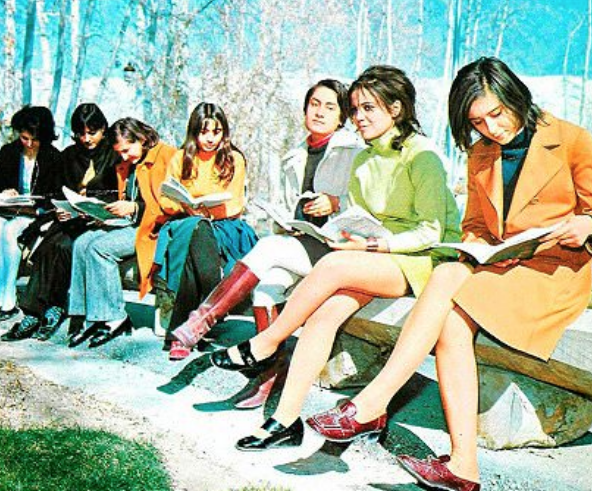So what’s your point?
Here’s a typical recent headline, this one in Bloomberg:
Wuhan’s Covid Cases May Have Been 10 Times Higher, Study Shows
And the two subheads:
- Some 500,000 may have been infected in China’s virus epicenter
- China has been criticized for allegedly undercounting its data
And the first paragraph:
The scale of the Covid-19 outbreak in Wuhan early this year may have been nearly 10 times the recorded tally, a study conducted by China’s public health authorities indicates, leaving the city where the coronavirus first took hold still well short of the immunity required to protect against a potential resurgence.
I don’t get it. What are readers supposed to take away from this story? It sort of reminds me of the big news story that SOMEONE DIED IN THE COVID VACCINE TEST (after taking a placebo.)
Yes, early in the year China underreported the Covid case count by nearly a factor of 10, as did Europe and (to a lesser extent) the US.
But why is this news today? We’ve known this all along, as the official death count in Wuhan was around 3000 or 4000, and (in China) slightly less than 1% of people die of the disease. Everyone knew that lots of people with mild symptoms were not being tested early in the epidemic, both in China and around the world. More recently, testing has ramped up in many countries. But China’s cases almost all occurred in the first quarter of 2020.
So what’s the point of this “news” story? There is no point, other than for the media to pat itself on the back for being tough on China.
If Bloomberg believes the recent Chinese study, why not a headline saying, “Antibody studies show American right wing accusations of 40,000 dead in Wuhan were fake news”. That would actually be useful.
I could find dozens of similar examples of such non-stories, such as this recent CNN news example, which reported the “scandal” that estimated case counts in China were suddenly boosted at a later date, just as in Europe and the US.
There’s plenty of negative news to report on China, including concentration camps in Xinjiang, the crackdown on Hong Kong, and the steadily diminishing amount of free speech. Why go out of your way to make up fake scandals?
In contrast, this recent FT report is actually useful:
The EU and China have announced a long-awaited deal on an investment treaty, in a move that is aimed at opening up lucrative new corporate opportunities but risks antagonising president-elect Joe Biden’s incoming US administration.
The accord was confirmed by Chinese President Xi Jinping and EU leaders including European Commission president Ursula von der Leyen on Wednesday, bringing seven years of often difficult negotiations to a successful close.
We should criticize the Chinese government and trade with the Chinese people.




